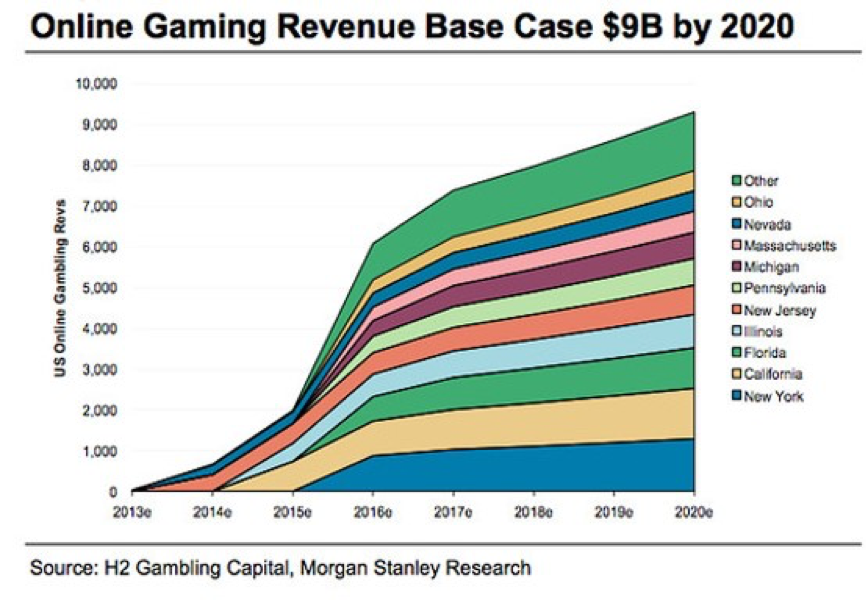Procrastination is the act of voluntarily delaying a task or set of tasks. It is often accompanied by feelings of guilt, anxiety, and self-doubt. There are many reasons why people procrastinate, including a lack of motivation, fear of failure, and a desire for immediate gratification.

While procrastination may provide temporary relief from unpleasant tasks, it can have serious consequences in the long run. Some of the risks of procrastination include:

- Missed deadlines and appointments: Procrastination can lead to missed deadlines and appointments, which can damage relationships, hurt your reputation, and cost you money.
- Poor quality work: When you procrastinate, you often sacrifice quality in order to meet deadlines. This can lead to mistakes, rework, and ultimately a lower grade or evaluation.
- Increased stress and anxiety: Procrastination can increase stress and anxiety levels as you feel the pressure of impending deadlines and tasks.
- Reduced productivity: Procrastination can reduce your productivity, as you spend more time worrying about tasks than actually completing them.
- Negative impact on mental health: Procrastination can damage your mental health, leading to feelings of guilt, shame, and low self-esteem.
If you find yourself procrastinating, there are a few things you can do to get back on track:

- Identify your triggers: What are the situations or tasks that make you most likely to procrastinate? Once you know your triggers, you can avoid them or develop strategies to cope with them.
- Set realistic goals: If you set goals that are too ambitious, you are more likely to procrastinate. Break down large tasks into smaller, more manageable ones.
- Reward yourself: When you complete a task, reward yourself for your effort. This will help you to stay motivated and avoid procrastination in the future.
- Seek professional help: If you find that you are unable to overcome procrastination on your own, don't hesitate to seek professional help. A therapist can help you to identify the underlying causes of your procrastination and develop strategies to manage it.
Procrastination is a common problem, but it is one that can be overcome. By following these tips, you can get back on track and start living a more productive and fulfilling life.## The Pitfalls Of Procrastination: Risks Of Delaying Action
Executive Summary
Procrastination is a prevalent problem that can have detrimental consequences for individuals and organizations. This article delves into the various risks associated with procrastination, exploring its impact on productivity, mental health, relationships, and overall well-being. Understanding the pitfalls of procrastination can empower us to take proactive steps towards minimizing its negative effects and maximizing our potential.
Introduction
In today's fast-paced world, procrastination has become an all too common affliction, affecting people from all walks of life. While it may provide temporary relief from anxiety or discomfort, procrastination ultimately takes a heavy toll on our productivity, health, and happiness. This article aims to highlight the perils of procrastination and provide insights into overcoming this self-defeating behavior.
FAQs
What is procrastination?
Procrastination is the act of voluntarily delaying or postponing a task or set of tasks despite knowing that the delay will have negative consequences.Why do people procrastinate?
There are various reasons why people procrastinate, including fear of failure, anxiety, lack of motivation, and poor time management skills.How can I overcome procrastination?
Overcoming procrastination requires a combination of self-awareness, self-discipline, and effective time management strategies. Techniques such as breaking down large tasks into smaller ones, setting realistic deadlines, and rewarding yourself for completing tasks can help reduce procrastination and improve productivity.
The Risks of Procrastination
- Decreased Productivity and Performance
- Delays and missed deadlines lead to lower output and decreased productivity.
- Procrastinators spend more time on urgent tasks, leaving less time for important and strategic initiatives.
- A cycle of procrastination can lead to burnout and decreased motivation.
- Negative Impact on Health and Well-being
- Procrastination can increase stress levels and anxiety, as tasks pile up and deadlines approach.
- It can disrupt sleep patterns, leading to fatigue and decreased cognitive function.
- Procrastination can also lead to unhealthy coping mechanisms, such as emotional eating or substance abuse.
- Damage to Relationships
- Procrastinating on commitments and responsibilities can strain relationships with colleagues, friends, and family members.
- Broken promises and missed appointments can erode trust and damage bonds.
- The stress and anxiety associated with procrastination can also negatively impact relationships.
- Missed Opportunities and Regrets
- Procrastination can lead to missed deadlines, lost opportunities, and unfulfilled potential.
- The regret of unfinished tasks and unrealized goals can haunt individuals for years to come.
- Procrastination can prevent us from pursuing our passions and achieving our aspirations.
- Financial Consequences
- Procrastinating on financial obligations, such as bill payments and tax filings, can lead to late fees, penalties, and damage to credit scores.
- Missed financial opportunities, such as investments or business ventures, can result in lost earning potential.
- Procrastination can also contribute to financial stress and anxiety.
Conclusion
Procrastination is a serious problem that can have far-reaching negative consequences for individuals and society as a whole. By understanding the risks associated with procrastination, we can develop effective strategies to overcome this self-destructive behavior. Embracing proactive behaviors, setting realistic goals, and seeking support when needed can empower us to break the procrastination cycle and unlock our full potential.
Keyword Tags
- Procrastination
- Delaying Action
- Risks of Procrastination
- Productivity
- Time Management






















































































































































 Global Online Gambling & iGaming is a full service cash Online Gambling & iGaming marketing consultancy with casino partners situated around the world.
Global Online Gambling & iGaming is a full service cash Online Gambling & iGaming marketing consultancy with casino partners situated around the world.